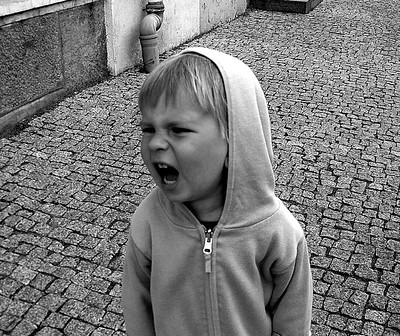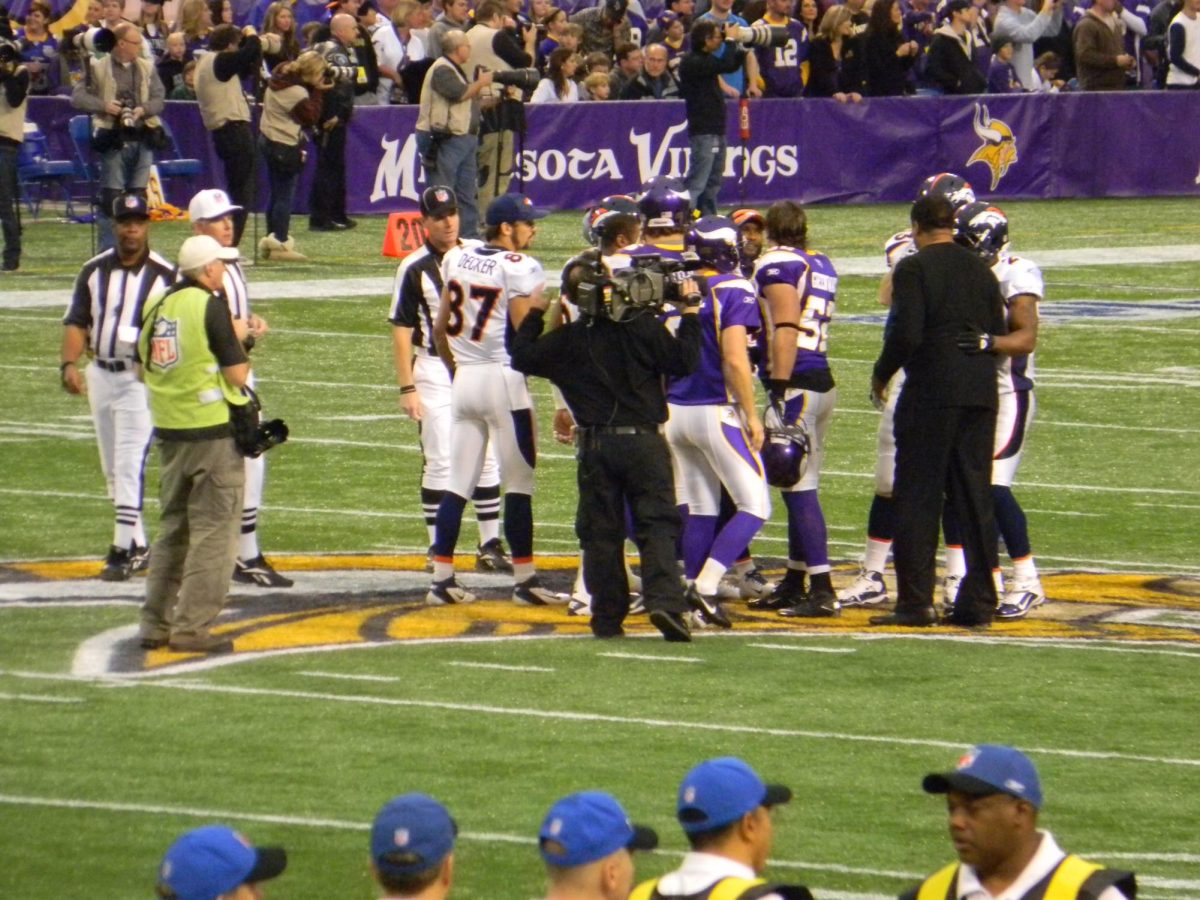Parents are divided on whether corporal punishment is abuse or not. Some may argue that corporal punishment is acceptable while others may argue that a parent should never lay their hands on their child.
While some people discipline their child with nothing more than a spanking, others have created their own cruel consequences for their children.
Nowadays, some parents are implementing cruel punishments that often do not fit the crime under the excuse that they are disciplining their child.
What many adults fail to realize is that discipline is teaching the child a lesson.
There is no general disciplinary measure that will work on all children as each benefit from a different approach.
One child may benefit from being sat down and lectured while other particularly stubborn children may benefit from more stricter consequences.
There are many ways in which parents cross the very fine line between abuse and discipline. It is very easy to get confused between the two.
Rescinding privileges such as video games and cellphones are a distraction to the child’s studies is discipline.
It would teach a child that they need to work hard and that luxuries are earned.
Abuse would be denying necessities such as nourishment, sleep or the right to a bathroom. Therein lies the difference between discipline and abuse.
In 2013, Mark and Susan Hooper of Pennsylvania were charged with child endangerment for withholding food from their three children as well as beating them as punishment for misbehavior.
The Hooper’s children reported being denied meals as consequence for not doing their homeschool work correctly, were disallowed access to a toilet and then punished for wetting themselves, and beat with belts, paddles and pots.
Verbal abuse is also mistaken for discipline. Many parents who were raised with the “tough love” principle berate there kids.
They tend not to consider it child abuse because no physical harm is being done.
Calling a child degrading names and tearing them apart with words will not only damage the parent-child relationship but may even worsen their behavior.
A child with broken self-esteem is more likely to grow up poorly adjusted and fragile or they grow up to be abusers themselves.
In fact, most children who bully their peers at school come from abusive homes.
When the parents of today were children, many of them were served with heavy consequences for their behavior. Therefore, they pass down what they learned growing up.
The problem is that some parents have difficult children and they think they have to be harsh. The solution isn’t to implement harsher disciplinary measures but rather to observe which approach their child benefits from.
Children who hold a strong bond with their parents are less likely to misbehave or rebel against them. That way, parents can also know what approach to take to discipline their child if need be.
Change begins with each new generation of parents. Parents can engage with their children at a young age and form a strong bond and have less of these issues of abuse.















